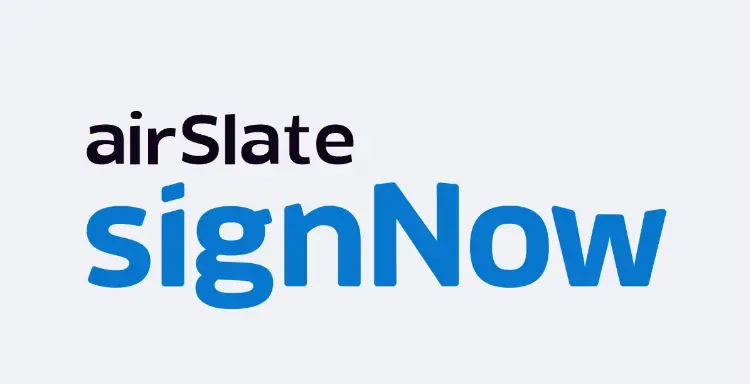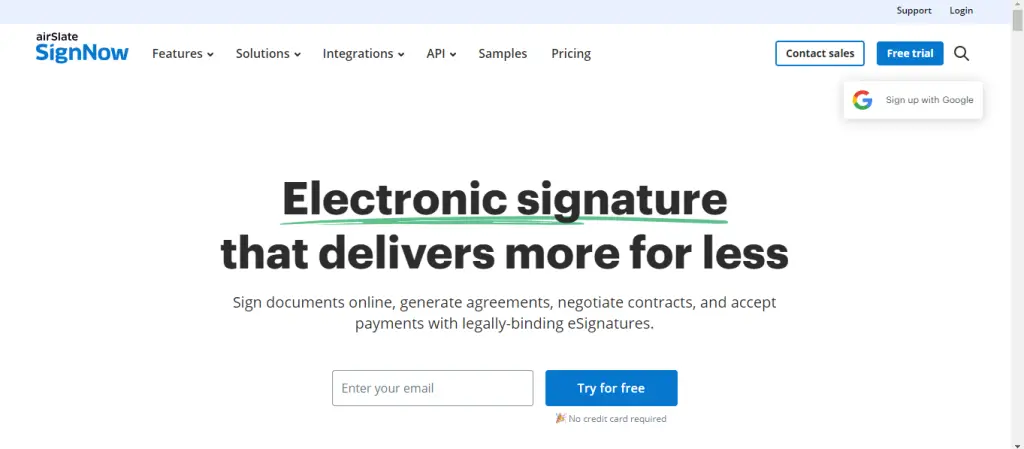
Best eSignature service
With the increasing use of digital transactions, concerns about online scams have grown. SignNow, a popular eSignature service, has been subject to scrutiny. This article explores whether there are any SignNow scams and how to protect yourself.
Understanding The Concerns

While SignNow is a legitimate service, scammers have exploited its name to deceive users. These scams often involve phishing emails or fake websites mimicking SignNow’s interface.
Common Types of Scams
- Phishing Emails: Scammers send emails that appear to be from SignNow, asking for personal information.
- Fake Websites: Fraudulent websites mimic SignNow to trick users into providing credentials.
- Unauthorized Charges: Some users report unauthorized charges due to using third-party services posing as SignNow.
How to Spot a Scam
- Check the URL: Ensure you are on the official SignNow website (signnow.com).
- Verify Emails: Look for signs of phishing, such as unusual email addresses and requests for sensitive information.
- Monitor Your Account: Regularly check your account for unauthorized activity.
Protecting Yourself
- Use Strong Passwords: Create unique, strong passwords for your SignNow account.
- Enable Two-Factor Authentication: Adds an extra layer of security.
- Stay Informed: Keep up to date with security updates and alerts from SignNow.
FAQs
Q1: How can I report a SignNow scam?
Report it to SignNow customer support immediately and follow their guidance.
Q2: Is it safe to enter my payment information on SignNow?
Yes, the official SignNow website uses secure encryption to protect payment information.
Q3: What should I do if I receive a suspicious email from SignNow?
Do not click on any links or provide personal information. Forward the email to SignNow’s support team for verification.
Conclusion
While SignNow is legitimate and secure, users should remain vigilant against scams that misuse its name. By following best practices for online security, you can protect yourself from potential threats.
